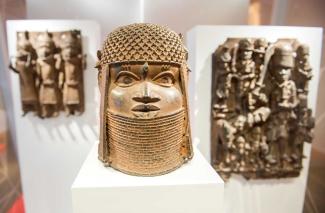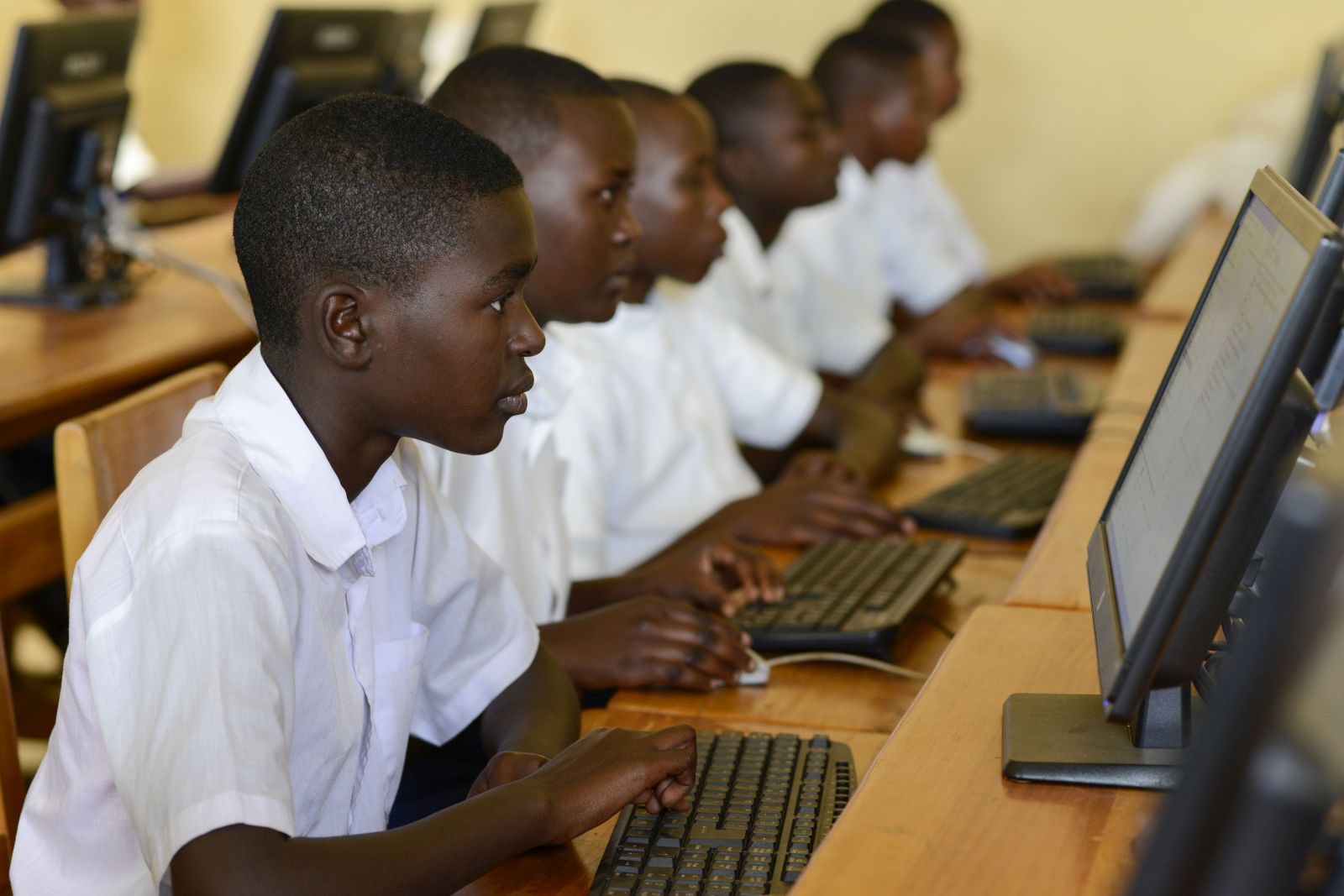Restitution of looted art
A difficult task

Plans to build the Humboldt Forum in Berlin triggered the debate in Germany some years ago. This large museum complex is now open to the public and it includes a big – and controversial – ethnographic collection. In France, President Emmanuel Macron kicked off the discussion in 2017, being the driver of the debate. He has promised to return all stolen items to the rightful owners even though they are now in the possession of French museums. It is evident in all countries concerned, however, that restitution is a difficult task. There are no simple solutions.
At Humboldt Forum, visitors can now see tens of thousands of African and Asian artefacts. Critics argue that the museum is not doing a good job. They want it to provide more information on the items’ history and to discuss in public whether they should be returned to the countries of origin. One of the most prominent exhibits is the unique Luf boat from Papua New Guinea, where German imperialists enforced their “protectorate” with utmost brutality in the 19th century. The Humboldt management acknowledges it could have done more to research how and why the 16 meter long vessel was brought to Germany, but it does not plan to return it to Papua New Guinea.
Things look different for another set of precious artefacts. The so-called Benin bronzes are from the former kingdom of Benin. Its territory is Nigerian. British troops plundered and destroyed Benin palaces in a revenge operation in 1897, and some of the looted art was later sold to German collectors and museums, which currently store some 1100 bronze objects. The Humboldt Forum has some of them, for example.
Germany’s Federal Government has concluded an agreement with its Nigerian counterpart to return the valuable bronzes. Restitution is set to begin in 2022, but it has not been decided how many objects will be returned immediately.
In France, Macron’s initiative has been making waves since 2017, when he asked two experts to write a report on how to deal with the artefacts. Their recommendation was to give all of them back to the countries of ownership even if the current ownership cannot be proved to be legitimate to 100 %.
Not all experts agree. Guido Gryseels directs the African museum in the Belgian town of Tervuren and is in favour of a more nuanced approach. He told the German newspaper Süddeutsche Zeitung that cultural artefacts must not be returned to places that lack appropriate museums. Most African art in his museum is from what is now the Democratic Republic of the Congo, which, in his view, is not in a position to handle the cultural treasure properly. To local people, he says, what matters is getting access to the objects, not owning them. However, Gryseels does not deny that Africa has a claim to be in control of its cultural heritage.
The general consensus is that people everywhere have only just begun to come to grips with colonial history. The debate must go on, and quite obviously, museums have a role to play (see Anke Schwarzer in Summer Special of D+C/E+Z e-Paper 2021/08). The discussion of all pertinent and unresolved questions will take time. What is at stake is ultimately global power relations.
Sabine Balk is a member of the editorial team of D+C Development and Cooperation / E+Z Entwicklung und Zusammenarbeit.
euz.editor@dandc.eu











